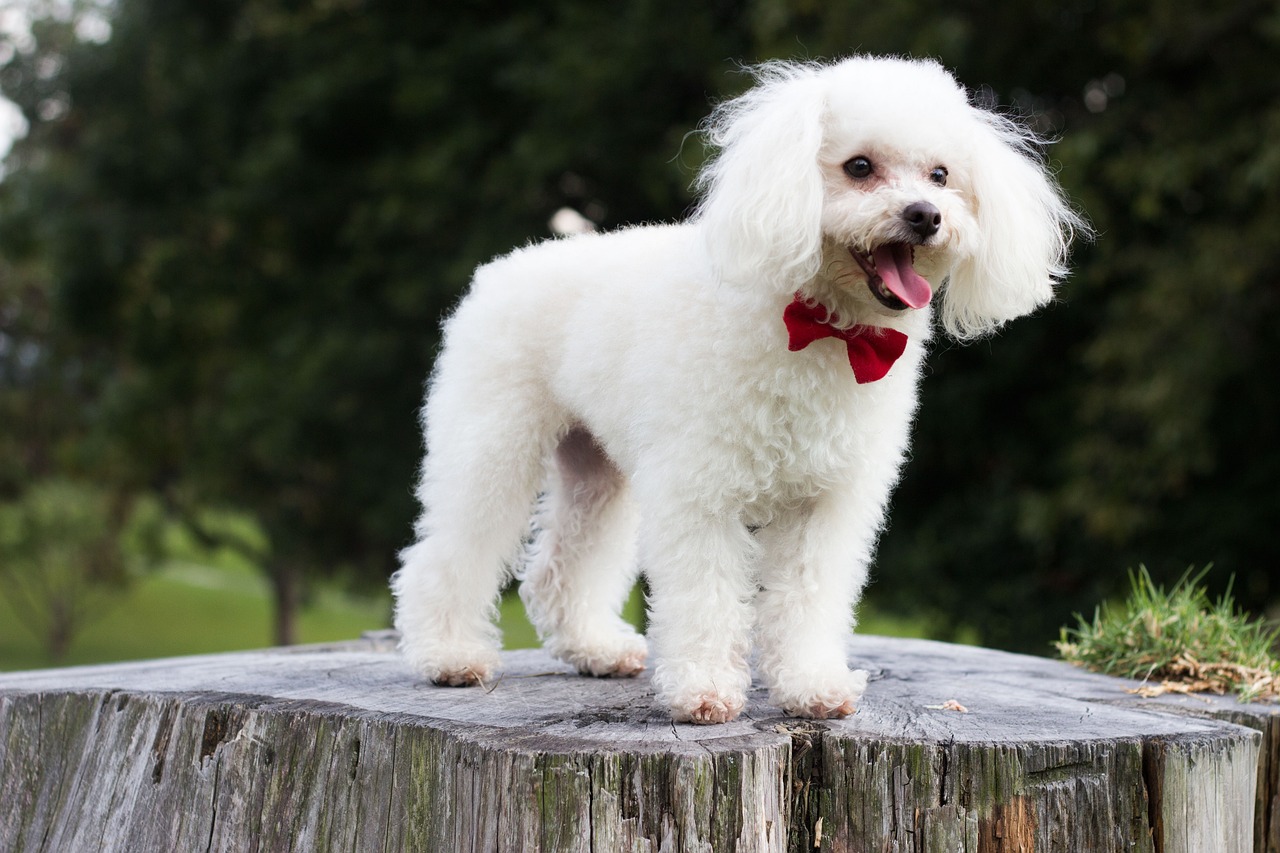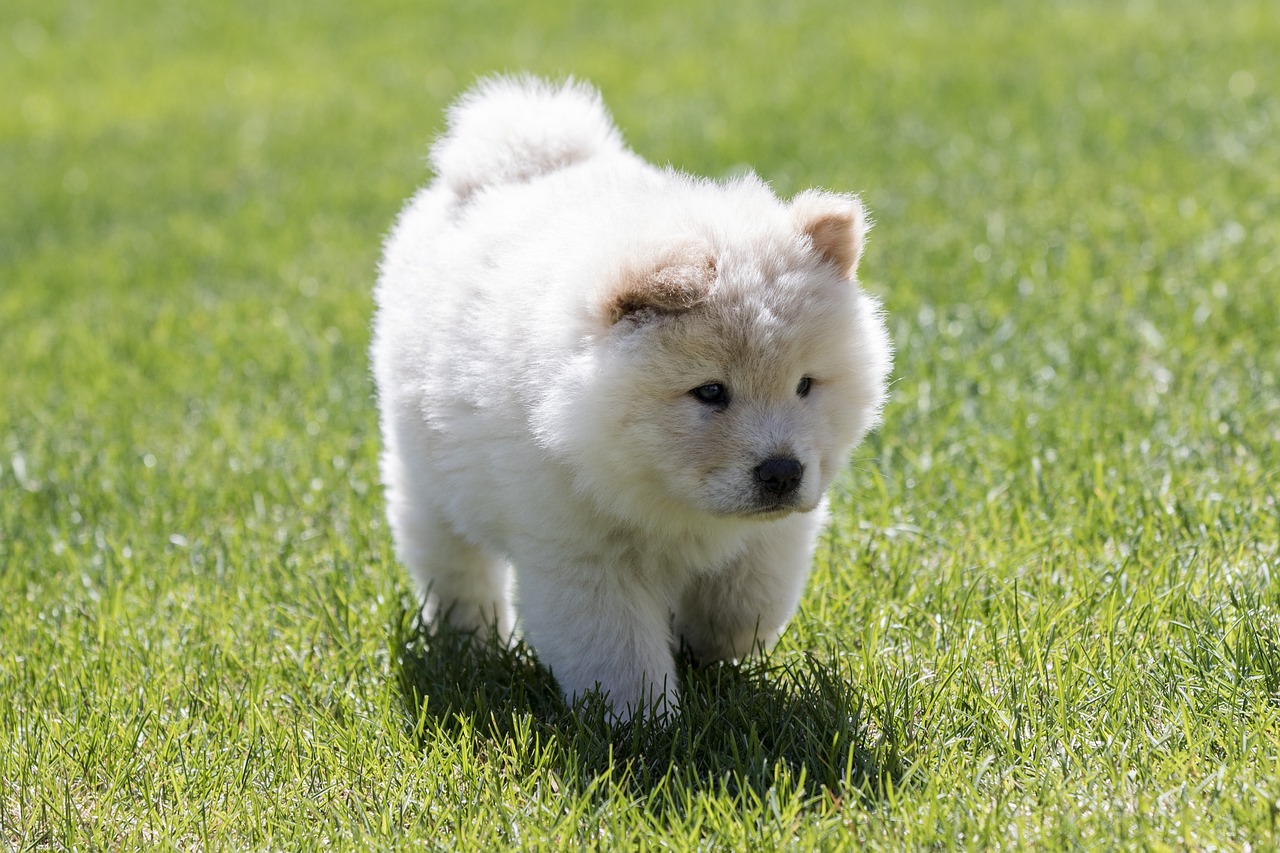While it might seem unusual, dogs’ reactions to television can vary significantly depending on their breed, temperament, and even individual personality. Some dogs are captivated by the sights and sounds emanating from the screen, showing a clear interest in watching TV alongside their human companions. This can be due to their high prey drive, keen eyesight, or simply a curious nature. Conversely, other breeds show little to no interest in television, perhaps due to lower visual acuity, a more aloof personality, or a simple disinterest in the types of images and sounds produced by TVs. Understanding whether a dog might enjoy or dislike watching TV can help pet owners make more informed decisions about their living room habits, particularly in how they spend quality time with their pets. Here, we explore seven dog breeds that tend to love watching TV and five breeds that generally dislike screen time.
Breeds That Love Watching TV
1. Jack Russell Terrier
Jack Russell Terriers are known for their high energy and intense curiosity, traits that make them particularly interested in the moving images and sounds of a television screen. These dogs often exhibit strong prey drives, which can be triggered by the sight of animals running or playing on TV. Jack Russells are intelligent and need constant mental stimulation; watching TV can sometimes serve as a form of entertainment for them, keeping them engaged and alert. Owners might notice their Jack Russells intently watching the screen, especially during shows that feature other animals or high-action sequences.

2. Golden Retriever
Golden Retrievers are not only one of the most popular family dogs but also among the breeds that often enjoy sitting in front of the TV. Their sociable and attentive nature might explain their interest in the activities showcased on the screen. Goldens are known to be particularly attuned to their human family’s emotions and habits, including television watching. They may join in simply to be part of the family gathering, lying down contentedly in the living room where they can keep an eye on both their humans and the screen.

3. Border Collie
Border Collies are highly intelligent and have an incredible ability to focus, traits that can make them interested in TV. They might be captivated by shows that involve motion and sound, such as sports or nature documentaries, where their herding instincts can be visually stimulated. Border Collies require a lot of mental stimulation, and some may find the changing scenes on a television screen quite fascinating. Owners might find their Collies reacting to animals on the screen or even trying to interact with them.

4. Cocker Spaniel
Cocker Spaniels often display a keen interest in TV due to their hunting instincts and alertness to movement. They may be drawn to the sounds and sights of television, particularly if they depict birds or other small animals. Cocker Spaniels are also family-oriented and may enjoy lying down near the TV simply to be close to their owners during relaxing times.

5. Poodle
Poodles of all sizes (standard, miniature, and toy) often show an interest in watching TV. Their high intelligence and sensitivity to their environment could make them more likely to engage with what they see on the screen. Poodles might be particularly reactive to sounds from the television, responding to them as if they were real-world noises. Watching TV might also stimulate their brains in a way that keeps them mentally active, which is crucial for such a smart breed.

6. Labrador Retriever
Labrador Retrievers are known for their friendly and outgoing nature, and they often enjoy participating in any family activity, including watching TV. Labs might show particular interest in shows that involve water sports or other dogs, driven by their natural affinity for water and sociable nature. Watching TV with their human family can be a relaxing activity for Labs, allowing them to feel involved and content.

7. Springer Spaniel
Springer Spaniels, both English and Welsh, are energetic and highly attentive, traits that can make them interested in the dynamic images and sounds produced by TVs. They often react to the movement of objects across the screen, possibly due to their background as hunting dogs, which requires sharp eyesight and quick reactions. Springer Spaniels may watch TV out of curiosity or simply as a way to spend time near their owners.

Breeds That Hate Screen Time
1. Shih Tzu
Shih Tzus often show little interest in television. This breed tends to be more interested in lap time and close interactions with their owners rather than focusing on a screen. Their generally calm and laid-back nature means they are less likely to be stimulated by the fast-moving images on TV and may prefer quieter, more personal engagements.

2. Chow Chow
Chow Chows are known for their dignified and somewhat aloof personality, traits that make them less likely to engage with television. They tend to be more independent and less interested in what’s happening on a screen, showing a preference for sleeping or monitoring their surroundings over watching TV.

3. Basenji
Basenjis are not particularly drawn to television. This breed is known for its cat-like personality, often showing more interest in real-life observations and interactive play. Additionally, Basenjis are quiet dogs that may not react outwardly even if they do watch the screen, making them seem disinterested.

4. Bulldog
Bulldogs often exhibit indifference to television. They generally prefer sleeping or relaxing to paying attention to a screen. Bulldogs may join the family in the living room but are more likely to snooze than to watch what’s on TV, primarily due to their low-energy demeanor.

5. Basset Hound
Basset Hounds, with their laid-back and sometimes lazy temperament, typically show little interest in television. They are more likely to be found lounging on a sofa or sniffing around the house than paying attention to a screen. Their slow-moving nature and tendency to be easily bored by passive activities like watching TV make them less likely to be captivated by it.

Dog breeds vary widely in their response to television, influenced by their instincts, personality, and energy levels. While some breeds find joy and stimulation in watching TV with their families, others prefer engaging in more tactile or interactive ways. Understanding your dog’s breed tendencies can help enhance your shared activities and ensure that both you and your pet are happy and engaged, whether in front of the screen or away from it.
 Toledo, United States.
Toledo, United States.